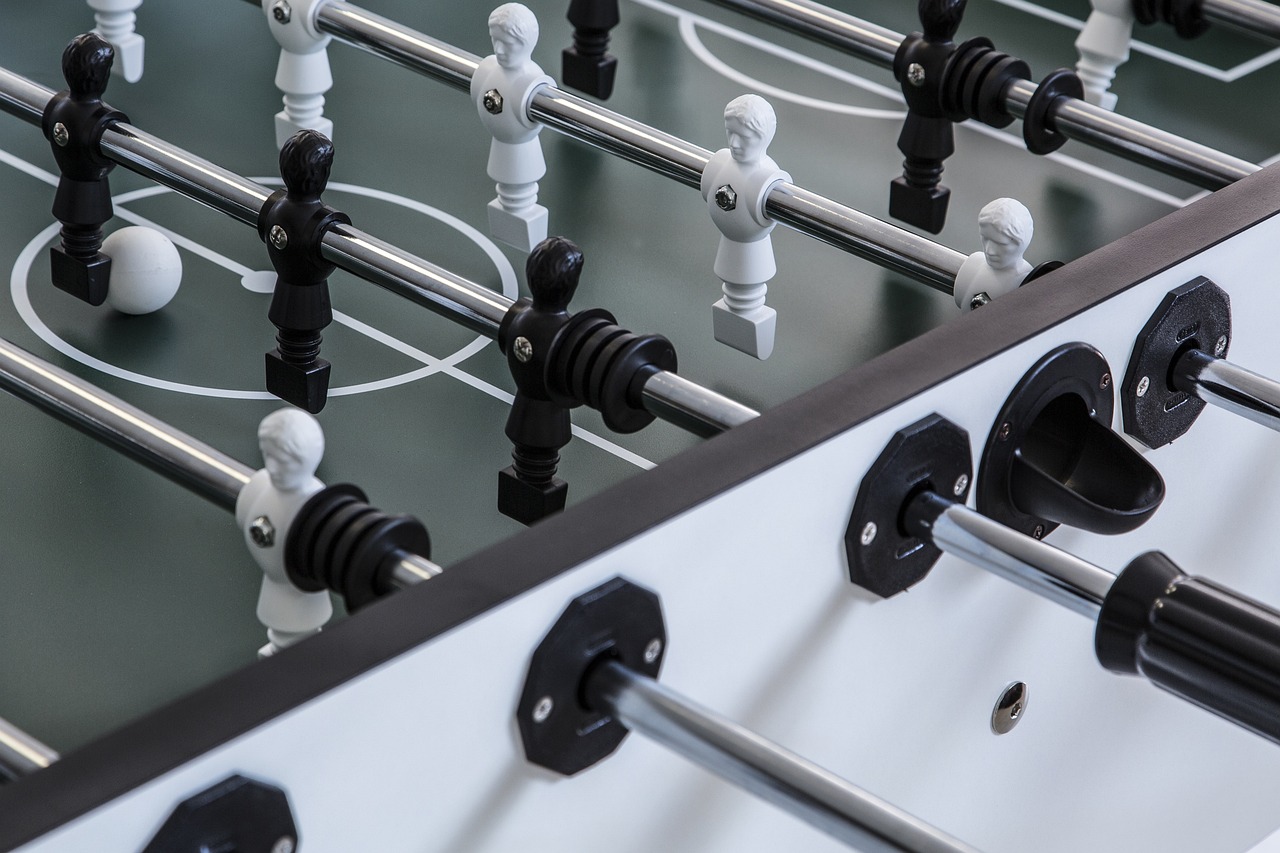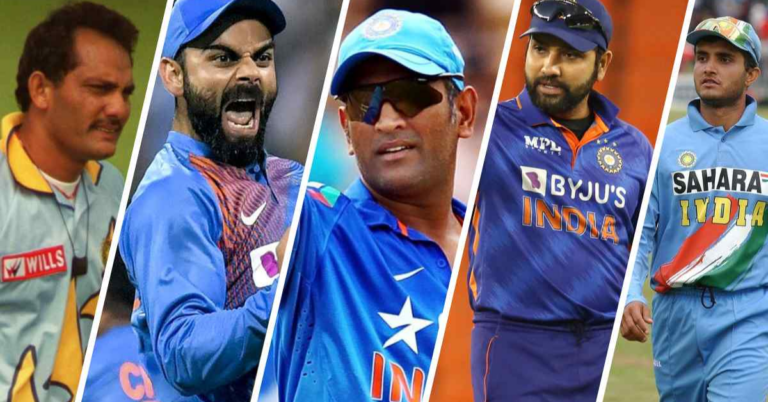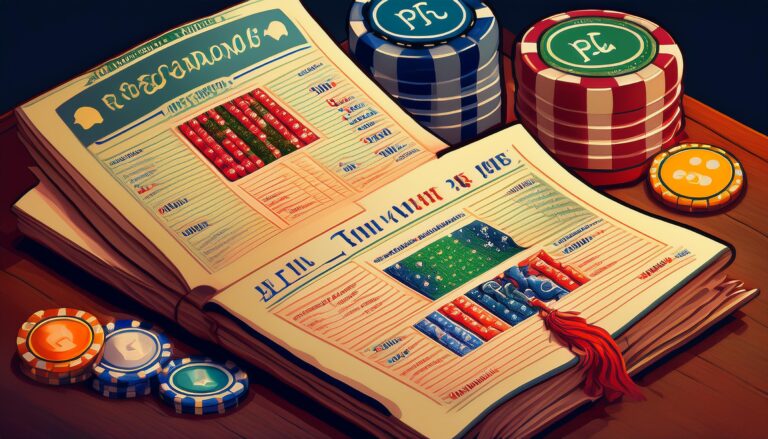Psychological Resilience: Lessons from IPL Pressure Situations
11xplay sign up, king567 create account, skyinplay agent login:Psychological Resilience: Lessons from IPL Pressure Situations
The Indian Premier League (IPL) is one of the most popular and exciting cricket tournaments in the world. It brings together some of the best players from around the globe to compete in high-pressure situations. These pressure situations can reveal a lot about a player’s psychological resilience and ability to perform under stress. In this article, we will explore some key lessons that can be learned from IPL pressure situations and how they can be applied in everyday life.
Adapting to Changing Conditions
In the IPL, teams often have to adapt to changing playing conditions, such as slow pitches or dew in the evening games. Similarly, in life, we are constantly faced with unexpected challenges and changes. Developing the ability to adapt and thrive in different circumstances is crucial for success. By learning from IPL players who excel in adverse conditions, we can improve our own resilience and ability to overcome obstacles.
Maintaining Focus and Concentration
One of the key challenges in high-pressure situations is maintaining focus and concentration. Whether it’s a batsman facing a tricky bowler or a fielder under pressure to take a crucial catch, the ability to stay focused is essential. By studying how IPL players maintain their composure in tense moments, we can learn valuable techniques for improving our own concentration in stressful situations.
Handling Criticism and setbacks
In the IPL, players are constantly under scrutiny from fans, critics, and the media. Dealing with criticism and setbacks is a crucial skill for any athlete. Similarly, in our personal and professional lives, we are often faced with negativity and setbacks. Learning how IPL players handle criticism and bounce back from failures can provide valuable insights for overcoming adversity and building resilience.
Building Mental Toughness
Mental toughness is a key component of psychological resilience. In the IPL, players often have to deal with intense pressure and expectations from fans and team management. Developing mental toughness can help athletes perform at their best when it matters most. By studying how IPL players cultivate mental toughness, we can learn strategies for building resilience and staying strong in the face of challenges.
Visualizing Success
Visualization is a powerful technique used by athletes to prepare for high-pressure situations. By visualizing success and positive outcomes, players can boost their confidence and performance. In the IPL, we see players visualizing their shots, bowling variations, and fielding techniques before taking the field. By incorporating visualization techniques into our own lives, we can enhance our resilience and mental strength.
Staying Calm under pressure
Staying calm under pressure is a hallmark of top athletes in the IPL. Whether it’s a last-over chase or a tight finish, players who can stay composed and make clear decisions often come out on top. By learning how IPL players manage their emotions and stay calm in high-pressure situations, we can improve our own ability to handle stress and perform at our best.
FAQs
Q: How can I improve my psychological resilience in everyday life?
A: Developing psychological resilience takes time and practice. Start by identifying your strengths and weaknesses, and work on strategies to improve your self-confidence, coping skills, and ability to adapt to change.
Q: Can psychological resilience be learned?
A: Yes, psychological resilience is a skill that can be learned and developed over time. By practicing techniques such as mindfulness, positive thinking, and stress management, you can improve your resilience and ability to bounce back from adversity.
Q: Are there any books or resources that can help me build psychological resilience?
A: There are many books and resources available on building psychological resilience. Some popular titles include “The Resilience Factor” by Karen Reivich and Andrew Shatte, “Option B” by Sheryl Sandberg, and “Resilience: Hard-Won Wisdom for Living a Better Life” by Eric Greitens.
In conclusion, the IPL provides a wealth of lessons on psychological resilience that can be applied in everyday life. By studying how top athletes handle pressure, criticism, and challenges, we can improve our own mental toughness, adaptability, and ability to stay calm under pressure. By incorporating these lessons into our daily routines, we can enhance our resilience and thrive in the face of adversity.






